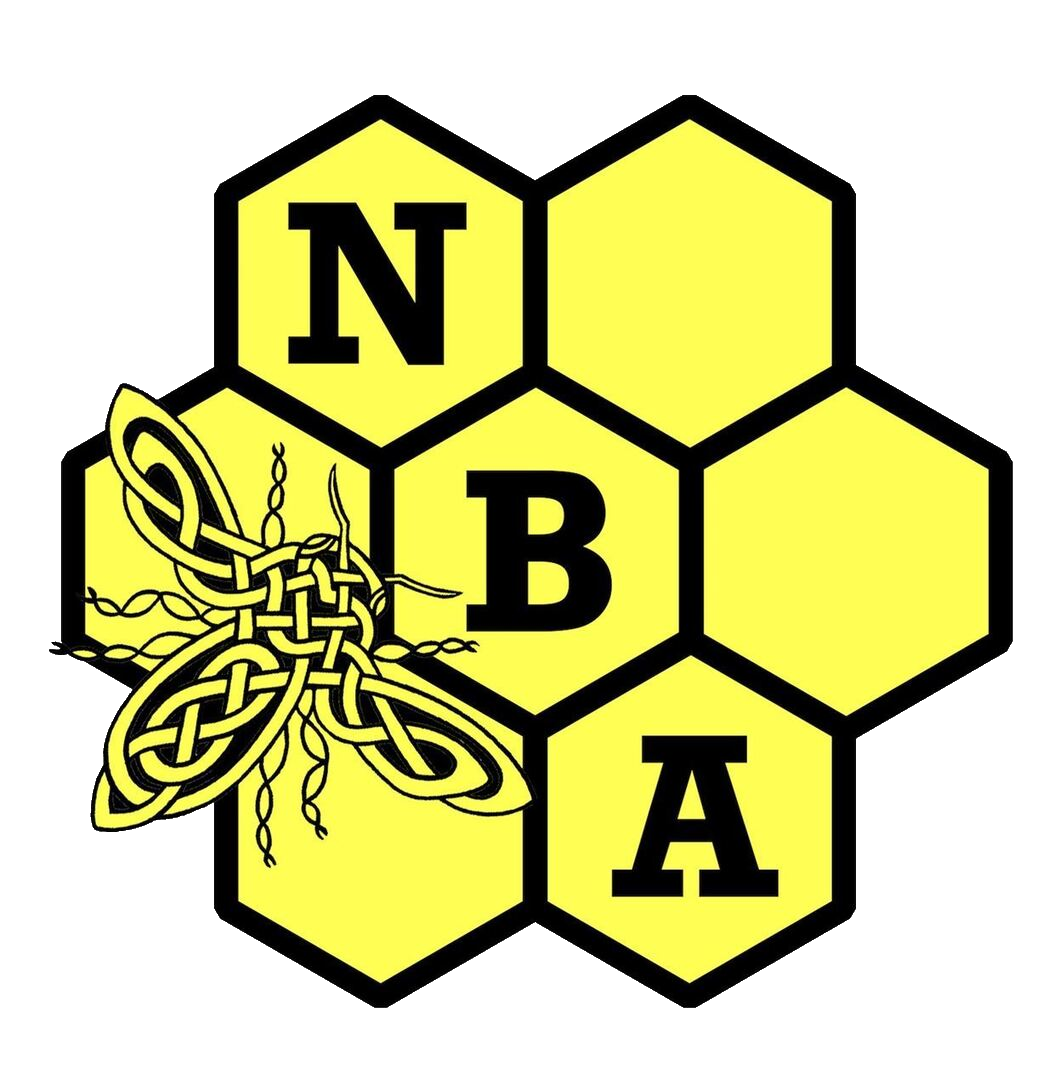

February Webinar
The first webinar in February, on BeeBytes has changed date, it’s now Thursday 6th Feb at 7.30pm (a day later).
Dr. Mark Barnett and Matthew Richardson will be chatting about BeeBytes, a social enterprise specialising in honey bee genetics and DNA analysis to characterise genetic admixture and identify the sources of forage visited by honey bees, bumblebees, and solitary bees.
Scottish Beekeepers Association webinars are free and open to all, so if you would like to book a place please forward the link below
https://register.gotowebinar.com/register/8793554691164661596
